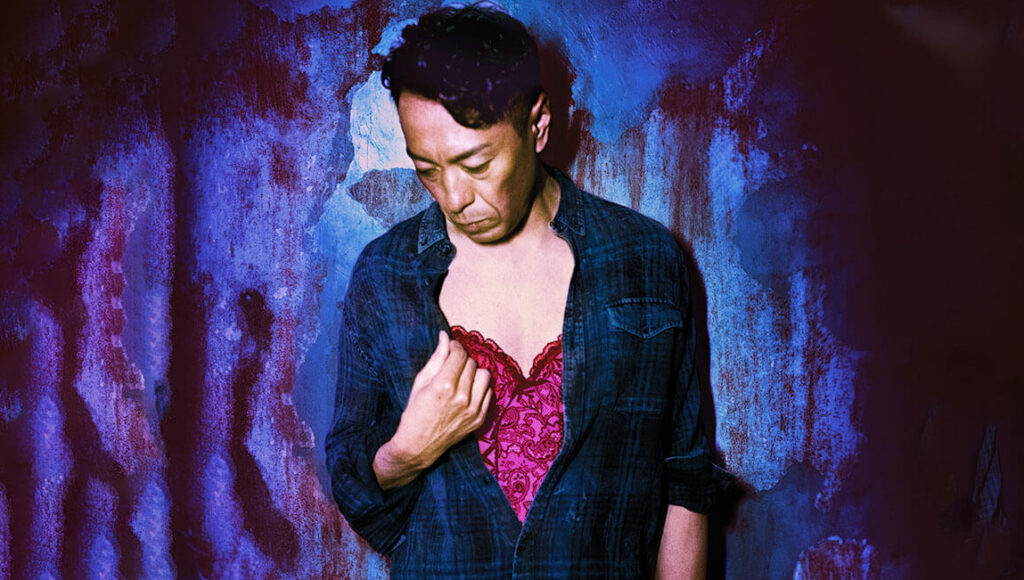World cinema has come a long way in the last two decades when it comes to queer representation in film. Yet despite the growing amount of films that tell queer love stories without playing into old-fashioned ‘kill your gays’ tropes, transgender stories remain woefully underrepresented. For every Fantastic Woman there’s a Danish Girl or, um, Girl that traffics in harmful stereotypes, displaying a regressive and outmoded understanding of what it means to be transgender — and a lurid preoccupation with transgender bodies rather than transgender identities. Jun Li’s Tracey seems to exist simultaneously in both worlds, offering moments of sublime beauty that are undercut by a dark turn into body dysmorphia clichés. The film centers around three childhood friends who’ve grown up and each gone their separate ways. Reunited in adulthood by the death of a friend, who they discover was gay, the other two now have a new lens through which to view their own development. For Tung Tai-hung (Philip Keung), that means coming to terms with the fact that she is, in fact, a transgender woman. To its credit, Tracey attempts to treat its characters with dignity, looking back on their youthful budding queerness with something akin to sunny nostalgia.
Centering on middle-aged and elderly transgender women, it’s able to examine the damage caused by years of internalized trauma from having to hide ones identity, and also the sheer sense of elation when one can finally embrace their full selves. The first time we see Tracey outwardly express her true self registers as a moment of almost rapturous beauty; ditto her elderly mentor. And yet this film is betrayed by its focus on Tracey for her body dysmorphia; a scene in which she attempts to mutilate herself after an argument with her wife of nearly 20 years is especially troubling. Li manages to explore some interesting ideas of gender fluidity and sexuality as a spectrum, rather than hard and fast silos of gay and straight, but we’re still a long way from representing transgender characters as more than just people who hate the bodies in which they were born. Tracey‘s heart is in the right place, and Li’s own sexuality gives him a greater sensitivity to these issues than the cishet perspectives often given, but centering of genitalia in trans identity remains problematic, and highlights a need for more trans perspectives in modern cinema.
Published as part of CineCina Film Festival 2019.


Comments are closed.